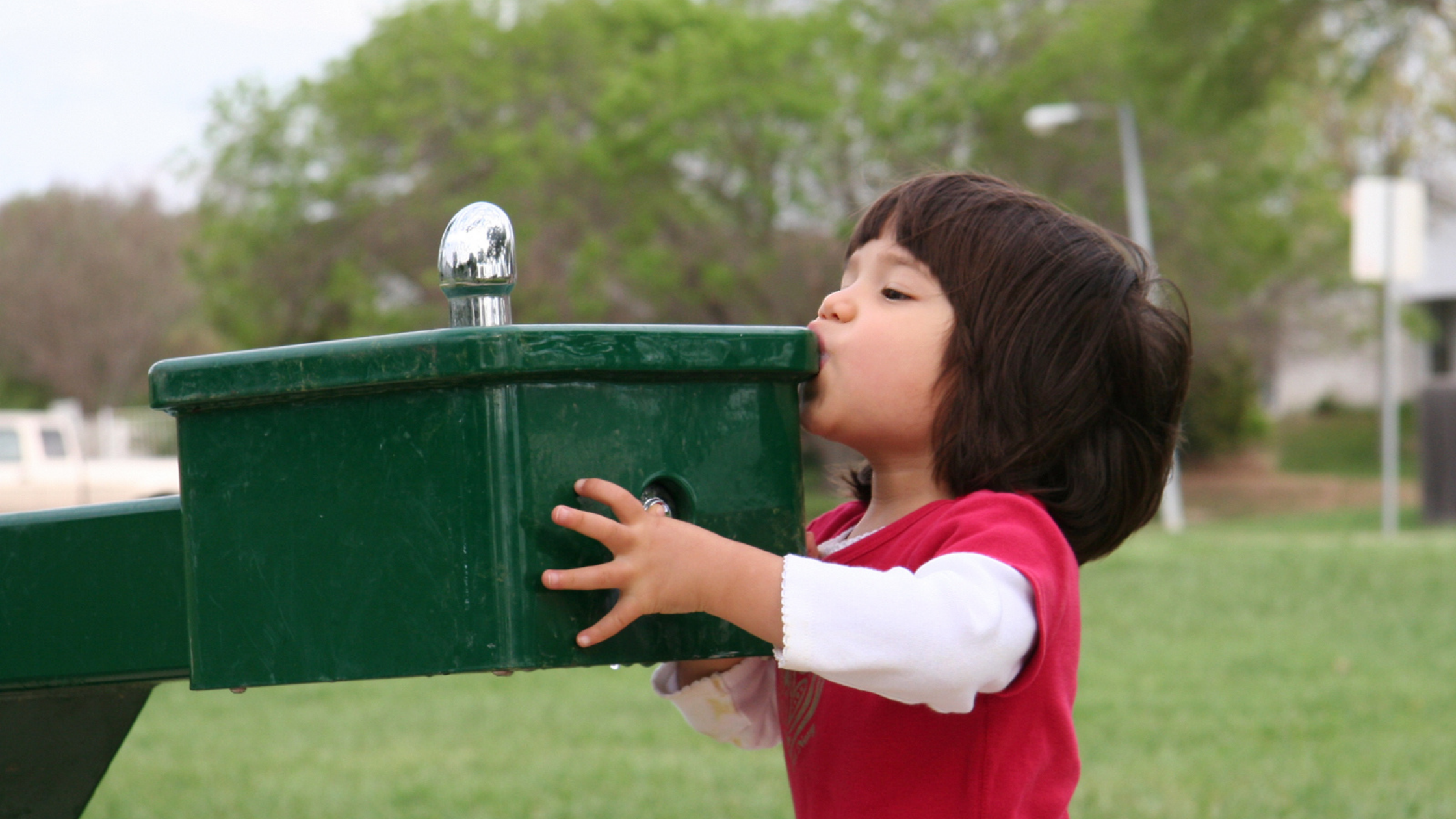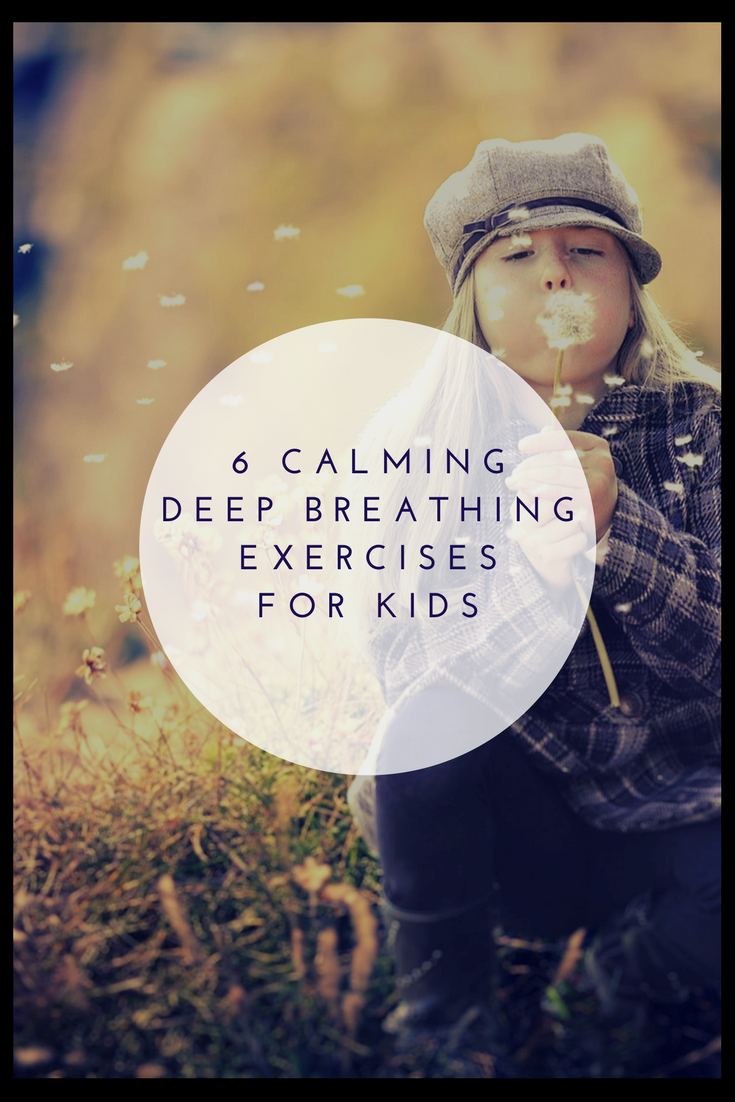HOW AND WHY TO TEACH YOUR STUDENTS PERSEVERANCE AND RESILIENCE

Something that I hear my teacher friends (and parents) saying over and over again it, “We are expecting our students/kids to do so much more than in years past.”
Whether we are talking about in school or home/after-school activities, we really do ask our kids to do so much more than ever before. And yet, do we spend any time teaching them how to manage all of that?
We are asking our kids to do much more advanced academics and to play higher level sports, but do we spend time teaching them how to handle struggle and failure?

In my work, I feel that I am seeing more and more students breaking down because they are so uncomfortable with the learning process, with struggle, with failure, and without getting immediate gratification.

And on the other side of things, teachers are being pushed to add more and more and more to the work loads of their students, many of whom are already overwhelmed. Add to that a child who has learning disabilities or emotional disabilities and you’ve got some real issues.
So who’s got time to work on Perseverance and Resilience?
Well, we all should. Here’s why…
Many researchers feel that teaching kids how to persevere is much more important for long term success {socially, emotionally and academically}, than individual skills or the intake of knowledge.
How can that be? It’s simple really.
Because life is not predictable. It is full of many challenges and it is important for kids {and adults} to be able to handle those challenges in order to learn, grow, and solve problems.
If we don’t persevere, we stand still. And if we aren’t resilient, we are stressed, defeated, and argumentative when faced with every obstacle that comes along.

There are many ways we can incorporate teaching perseverance and resilience to our students, during the school day.
Here are a few…
For the child who wants Immediate Gratification:
Don’t be so quick to answer all of their questions, and/or not completely. Make them wait, just a little, depending on the individual, and stretch that time little by little. Actually count in your head, 1-5 seconds before replying. Try giving the “just a second” signal with your finger…then do something else, just for a bit.
When answering, or addressing the student, give some leading information that helps them to answer the question for themselves. For example, if your students asks you what day of the week it is, do you answer them, “it’s Wednesday” or whatever day it is. Instead, what you can say to help them learn to delay gratification and solve their own problems is something like…”how can you find out?” or “what was yesterday?” or “what day do you think it is?”
Such a simple little shift, but powerful when done over and over.
For the Perfectionist:
Some children just hate to get anything “wrong” or to have anything that isn’t just as they thought it would be. They often are very uncomfortable with “struggle” which is necessary for learning to occur. To get our students to learn and grow, they simply must be willing and able to take safe risks.
To help these children be more resilient, make making mistakes a good thing in your classroom. We’re talking about taking safe risks here not obvious “no no’s” like hurting someone.
Celebrate safe risks and “failures” by highlighting them as much as possible in small ways and desensitizing the students discomfort.
Start by highlighting your mistakes and or famous people’s mistakes or mistakes you see in story books.
Point it out. What was the mistake? How was it solved/fixed or was it simply accepted? How did the person involved feel?
For the anxious child:
Teach and practice coping strategies as a part of your everyday. For coping strategies to work, they need to be solid and pretty much automatic, in order to be accessed during times of stress.
No stressed out person ever feels less stressed when someone stays to them, “there’s no need to stress, calm down.”
Some Things To Try:
1. Have a calm down station in your room
This sounds a lot fancier than it has to be. You can simply identify a spot in a corner of your room, where kids can go to “chill out.” You can have a comfortable chair and some books, or fidget toys. There are lots of possible ways to set up a nice calm down station, from simple to elaborate, depending on your needs and taste.
2. Make yoga and deep breathing part of your morning meeting
It only takes a few minutes to teach a yoga pose or do some deep breathing. There are many different kinds of deep breathing and practicing everyday will make this automatic.
3. Talk it out {out loud}
Did you feel stress over something? What did you do? Our students really do look up to us so if we share our experiences, it can be very helpful for our students to see. Talk out the process, the method, not just the problem and the solution. What did you do to calm down? What did it look like, feel like, sound like? Be specific.
I hope you find these suggestions helpful with your students.
Meanwhile, please enjoy these 6 Deep Breathing Exercise Cards To Help You Get Started!

Grab This Activity And Much More!
Simply enter your name and email address in the form below and you’ll have immediate access to this digital download. By completing the form, you’ll also be joining thousands of like-minded teachers who have already signed up for my free club, The Teacher’s Lounge.
This is a 100% free club where you get awesome social skills resources delivered straight to your in-box each week!
These resources include my monthly Tips & Tricks newsletter {for a particular social skill each month}, as well as a variety of posters, visuals, games and activities designed to support the identified social skill.
Thanks So Much and Happy Teaching!
Cindy ~Socially Skilled Kids


